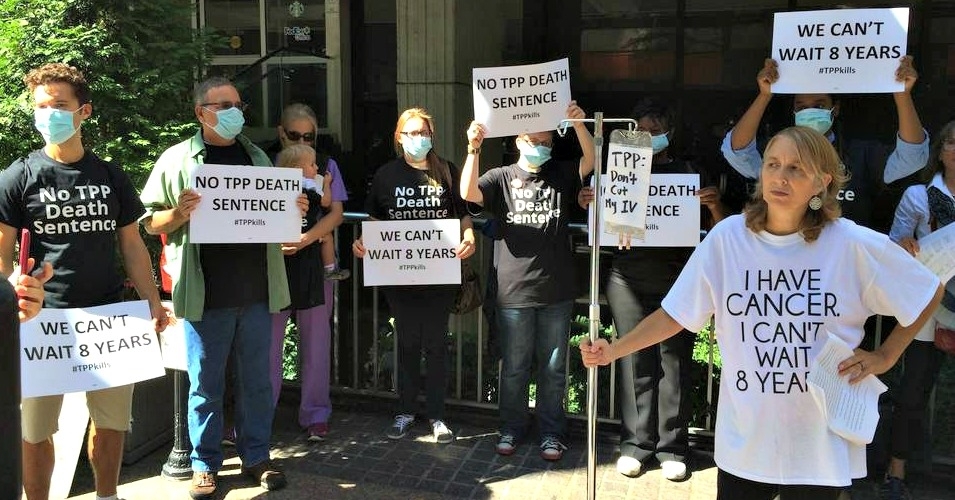New AFTINET fact sheet: The impact of trade and investment rules on public health
AFTINET | 24 October 2019
New AFTINET Fact Sheet: The impact of trade and investment rules on public health
Fact Sheet: Trading away our health: How trade and investment rules put corporate rights ahead of public health
Trade agreements can have a strong impact on our access to medicines, the way our health services are managed and even our health warning labels. Trade and investment rules can impact public health by:
- Delaying access to affordable medicines
- Undermining the provision of quality public services
- Restricting public health regulation
AFTINET is calling for a healthy approach to trade policy that ensures that trade agreements contribute to improvements in health and wellbeing. To achieve this, trade and investment agreements must:
- Be transparent and democratic: Negotiating texts must be published for public and parliamentary scrutiny during trade negotiations. The final text of the agreement must be released for independent assessment, including assessment of health impacts, before signing and the full agreement should be put to a vote in Parliament.
- Comply with international human rights law: Agreements must contain enforceable human rights standards and a commitment to the supremacy of international law in relation to health, human rights, workers’ rights and the environment. Provisions that have negative health impacts must be removed from agreements.
- Exclude TRIPS Plus provisions: Agreements must not include TRIPS Plus provisions that extend medicine monopolies and strengthen patent enforcement measures. Developing countries must not be prevented from using TRIPS flexibilities to protect public health.
- Exclude public services: Agreements must include a comprehensive exception for public services and a broad definition of public services must be adopted to ensure all public services are excluded irrespective of whether these services are managed by public or private providers.
- Exclude investor-state dispute settlement provisions: ISDS provisions must be excluded from trade and investment agreements and corporations must not be empowered to use trade and investment agreements to restrict public health regulation.
- Preserve the right to regulate: Governments must not be restricted from regulating to protect public health, including in relation to health services, tobacco control and alcohol labelling. Policy space must be preserved for governments to use procurement policy and other social and economic policy to address poverty and inequality and developing countries must have the flexibility to use tariff and non-tariff policy tools to achieve their development goals.
Download the fact sheet (pdf)






